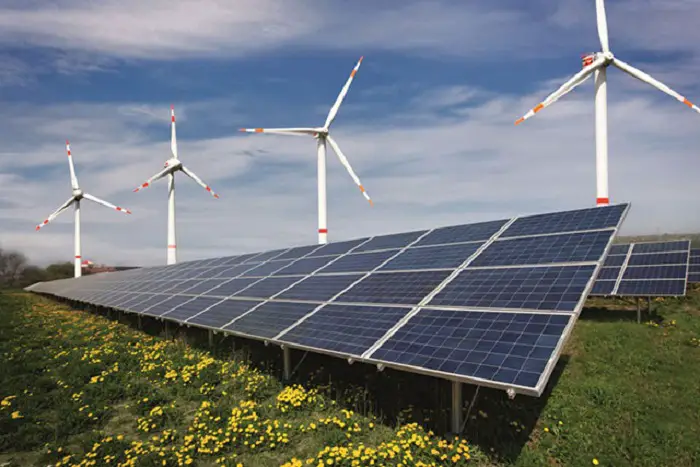The government of the Republic of Senegal through the Ministry of Oil and Energy has dismissed VAT (value-added tax) charges for about 22 renewable energy equipment costs in a bid to encourage their use and accelerate the electrification of rural areas in the West African country.
Also Read: 50,000 solar street lamps project in Senegal halfway complete
The renewable energy equipment costs exempted from VAT charges, in this case, are mainly in the fields of solar, wind, and biogas. They include photovoltaic solar panel systems, solar thermal collector or panel system, solar inverters, solar batteries, solar water heater systems, charge regulators, solar lamp kits, solar street light systems (comprising of a solar panel, a battery, and a lantern) and solar pumping kit (comprising of a solar panel, a controller and a pump).
Other items include the tower, blade, rotor, nacelle, and the hub all of which are indispensable in the construction of wind power plants. Regarding biogas production equipment, biogas stove, biogas flow analyzer, prefabricated bio-digester, biogas pump, desulphurization unit, water trap, biogas generator, and substrate mixing units have also been hit by this privilege.
The aim of this move
According to the Senegalese Ministry of Petroleum and Energy, the new measures will reduce the acquisition costs of renewable energy production equipment by 18%, thus encouraging the use of this environmentally-friendly form of electricity generation and subsequently promoting the rate of access to energy more especially in the rural areas.
This move is a part of a comprehensive strategy aimed at achieving universal access to electricity in the West African country by 2025. This strategy according to the government can easily be achieved by utilizing decentralized solutions such as mini-solar grids, solar kits, and large scale grid-connected renewable energy power plants such as the 158.7 MW Taïba Ndiaye wind farm.

Leave a Reply